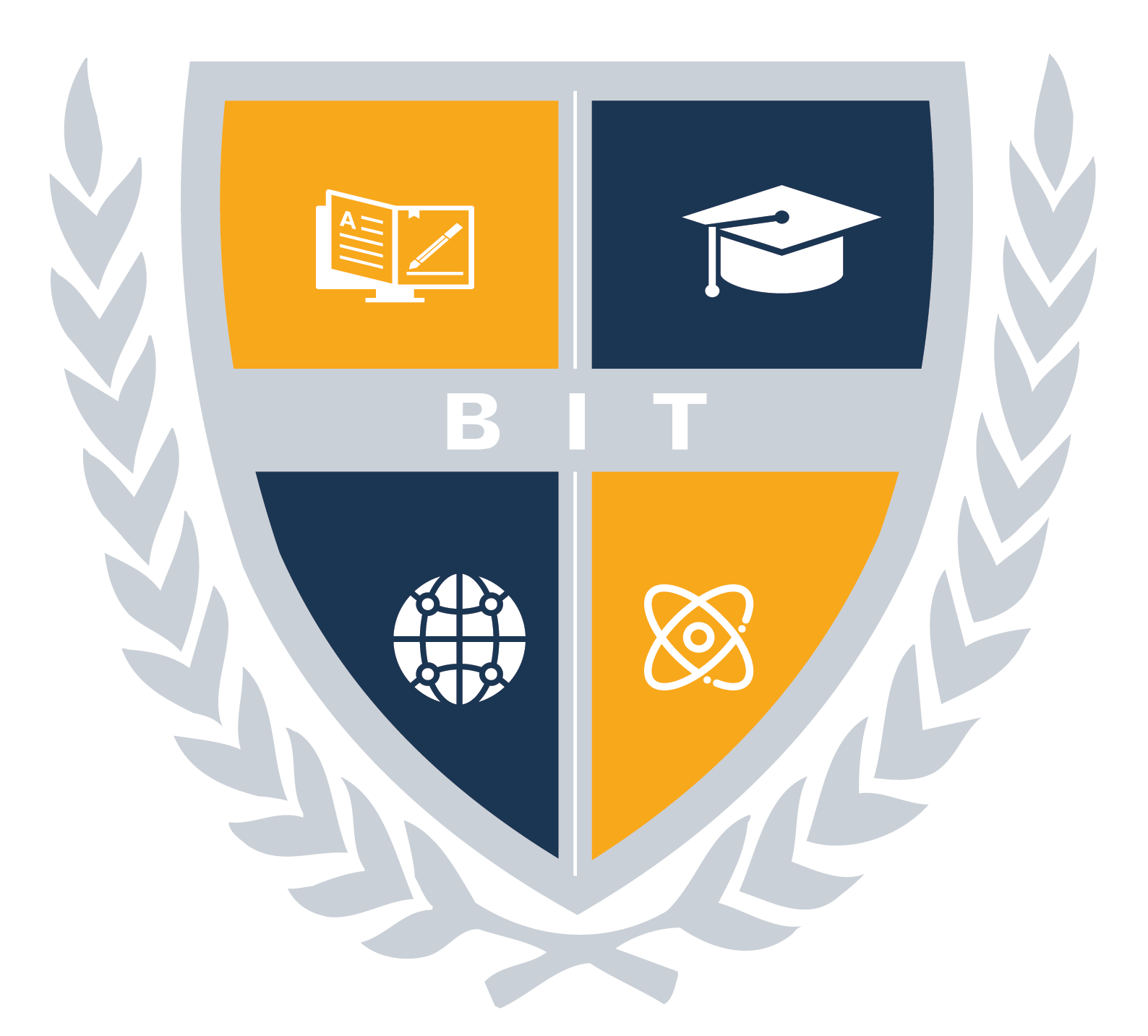The UN Global Sustainable Development Goal 4 (SDG 4) is the education goal.
The Sustainable Development Goals or Global Goals are a collection of 17 interlinked goals designed to be a “blueprint to achieve a better and more sustainable future for all”. The SDGs were set in 2015 by the United Nations General Assembly and are intended to be achieved by the year 2030.
SDG 4 aims to “Ensure inclusive and equitable quality education and promote lifelong learning opportunities for all.”
It is made up of 10 targets, and Billbrain Institute of Technology aims to align with and contribute towards the achievement of this goal in every area of our operation, and specifically, on Targets 4.3, Target 4.4, Target 4.5, and Target 4.7 as aligned to our works and services;
Target 4.3 By 2030, ensure equal access for all women and men to affordable and quality technical, vocational and tertiary education, including university
It is imperative to reduce barriers to skills development and technical and vocational education and training (TVET), starting from the secondary level, as well as to tertiary education, including university, and to provide lifelong learning opportunities for youth and adults. The provision of tertiary education should be made progressively free, in line with existing international agreements.
Target 4.4 By 2030, substantially increase the number of youth and adults who have relevant skills, including technical and vocational skills, for employment, decent jobs and entrepreneurship
- Access: Equitable access to TVET needs to be expanded while quality is ensured. Learning opportunities should be increased and diversified, using a wide range of education and training modalities, so that all youth and adults, especially girls and women, can acquire relevant knowledge, skills and competencies for decent work and life.
- Skills acquisition: Beyond work-specific skills, emphasis must be placed on developing high-level cognitive and non-cognitive/transferable skills, such as problem solving, critical thinking, creativity, teamwork, communication skills and conflict resolution, which can be used across a range of occupational fields.
Target 4.5 By 2030, eliminate gender disparities in education and ensure equal access to all levels of education and vocational training for the vulnerable, including persons with disabilities, indigenous peoples and children in vulnerable situations
- Inclusion and equity: All people, irrespective of sex, age, race, colour, ethnicity, language, religion, political or other opinion, national or social origin, property or birth, as well as persons with disabilities, migrants, indigenous peoples, and children and youth, especially those in vulnerable situations or other status, should have access to inclusive, equitable quality education and lifelong learning opportunities. Vulnerable groups that require particular attention and targeted strategies include persons with disabilities, indigenous peoples, ethnic minorities and the poor.
- Gender equality: All girls and boys, women and men, should have equal opportunity to enjoy education of high quality, achieve at equal levels and enjoy equal benefits from education. Adolescent girls and young women, who may be subject to gender-based violence, child marriage, early pregnancy and a heavy load of household chores, as well as those living in poor and remote rural areas, require special attention. In contexts in which boys are disadvantaged, targeted action should be taken for them. Policies aimed at overcoming gender inequality are more effective when they are part of an overall package that also promotes health, justice, good governance and freedom from child labour.
Target 4.7 By 2030, ensure that all learners acquire the knowledge and skills needed to promote sustainable development, including, among others, through education for sustainable development and sustainable lifestyles, human rights, gender equality, promotion of a culture of peace and nonviolence, global citizenship and appreciation of cultural diversity and of culture’s contribution to sustainable development
It is vital to give a central place to strengthening education’s contribution to the fulfilment of human rights, peace and responsible citizenship from local to global levels, gender equality, sustainable development and health. The content of such education must be relevant, with a focus on both cognitive and non-cognitive aspects of learning. The knowledge, skills, values and attitudes required by citizens to lead productive lives, make informed decisions and assume active roles locally and globally in facing and resolving global challenges can be acquired through education for sustainable development (ESD) and global citizenship education (GCED), which includes peace and human rights education, as well as intercultural education and education for international understanding.
